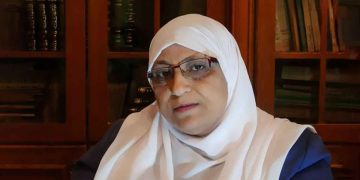On 18 October 2011, a deal was brokered between the Palestinian Resistance and Israel for the release of Israeli soldier Gilad Shalit in exchange for 1027 political prisoners from Israeli prisons. The swap was implemented in two phases; during the first phase 450 Palestinian men, and an additional 27 females were released, a further 550 were released during the second stage.
The first group of political prisoners, totalling 477, consisted of those who had spent many years in Israeli prisons. They were as follows:
131 Prisoners released to Gaza;
47 released to their homes in the West Bank without restrictions;
51 released to their homes in the West Bank with restrictions on their movement (They were required to report to the local police station at least once a month);
12 from Jerusalem, 8 of whom returned home without restrictions and 4 with security restrictions.
6 from areas occupied in 1948 were released to their homes;
1 from the Golan Heights;
163 from the West Bank and Jerusalem were deported to Gaza, including 15 prisoners form Jerusalem; and
40 political prisoners were deported to a neighbouring country including 29 from the West Bank, 10 from Jerusalem and one from Gaza.
Political Prisoners who were released in the West Bank and Jerusalem soon found themselves being harassed by occupation security forces who went on to further summon and detain most of them.
In June and July 2014, Israel arrested scores of prisoners released as part of the Gilad Shalit Prisoner Swap (Also known as Wafa’ Al-Ahrar Deal in Arabic) after three settlers were abducted and killed in Hebron.
Betrayal ” Shalit Deal “
Latest
IOF Arrests 37 Palestinians in the West Bank
February 19, 2026
Copyright ©2020, AOHR UK All Rights Reserved.






























